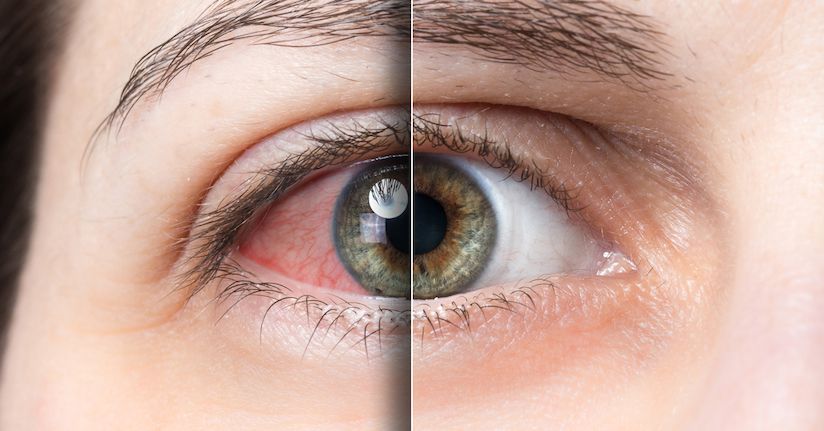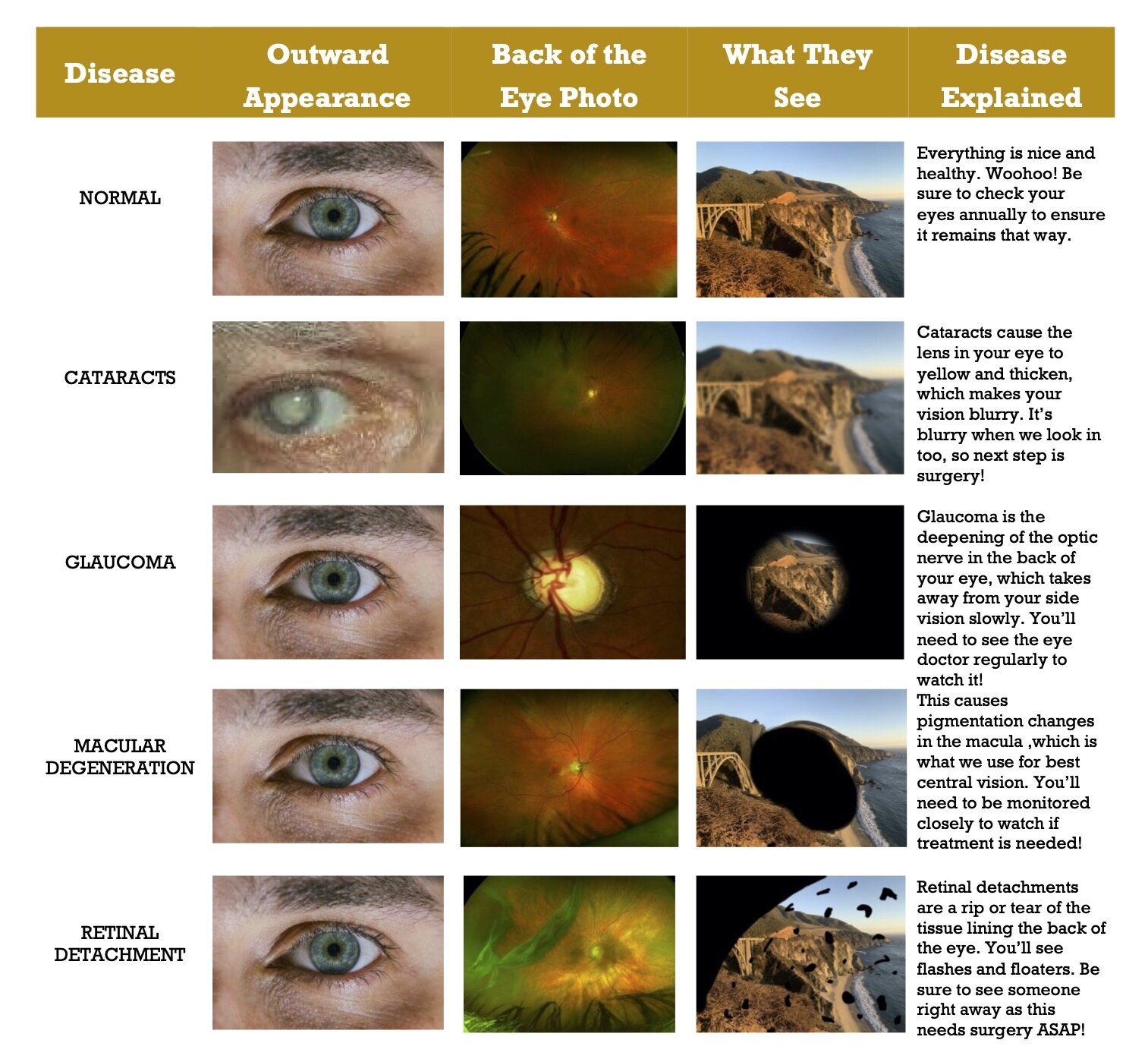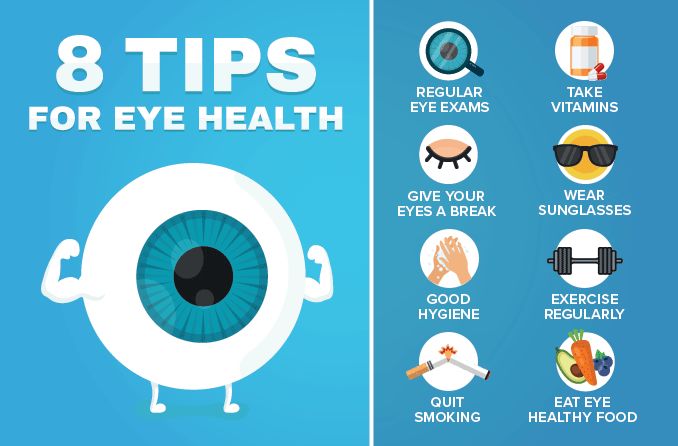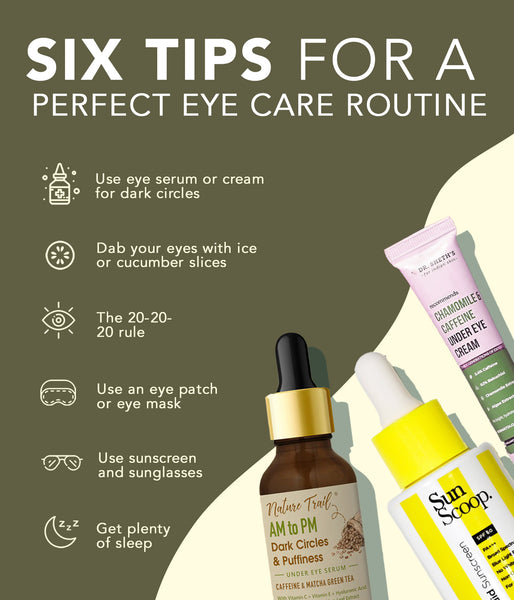Understanding Sensitive Eyes

[Source: theraspecs.com]
Sensitive eyes are more than just a minor inconvenience – they represent a common condition that can significantly impact daily life. While many people experience occasional eye discomfort, those with sensitive eyes face recurring symptoms that require special attention. Interestingly, this condition does not discriminate, as it can develop at any age and affects both men and women equally [#1].
What Are Sensitive Eyes?
Sensitive eyes react more intensely to environmental factors and stimuli compared to typical eyes. Think of them as the bodys warning system working in overdrive. Just as some people have sensitive skin that reacts to certain products, sensitive eyes respond more dramatically to various triggers in their environment.
Symptoms of Sensitive Eyes
Recognizing the signs of sensitive eyes is crucial for proper care and management. The most common indicators include:
- Itchiness and irritation
- Excessive watering or tearing
- Redness in the white portion of the eyes
- Heightened sensitivity to light
Common Causes and Triggers
Several factors can trigger or worsen eye sensitivity:
- Environmental allergens (pollen, dust, pet dander)
- Digital screen exposure
- Harsh lighting conditions
- Certain cosmetics and eye care products
- Air pollution and smoke
While sensitive eyes might seem like a minor issue, they should never be ignored. Left untreated, this condition can potentially lead to serious vision problems . Much like how your nails can indicate underlying health issues, your eyes often signal when something needs attention.
Common Eye Conditions Related to Sensitivity

[Source: spectacleoptomery.com]
Eye sensitivity often accompanies several specific conditions that can affect your daily comfort and vision. Understanding these conditions helps in identifying proper treatment approaches and preventive measures.
Eye Irritation
Eye irritation manifests in various forms and can stem from multiple conditions. Pink eye, or conjunctivitis, stands as one of the most frequent eye infections that cause sensitivity [#2]. Another notable condition is blepharitis, which creates recurring inflammation in the eyelids and can make your eyes particularly sensitive to environmental factors .
Photophobia
Light sensitivity, medically known as photophobia, goes beyond mild discomfort from bright lights. This condition can trigger actual pain and significant discomfort when exposed to various light sources [#3]. For some individuals, even normal indoor lighting might become challenging to handle.
Autoimmune-Related Conditions
Several autoimmune conditions can affect eye sensitivity. Sjögrens syndrome, for instance, reduces tear production, leading to persistent dryness, itchiness, and redness . Similarly, ocular rosacea can trigger eye sensitivity by affecting the eyelids, causing similar symptoms . These conditions often connect to broader health issues, much like hormonal imbalances that affect various body systems.
Each of these conditions requires specific attention and care strategies. While some might resolve with simple lifestyle adjustments, others may need medical intervention. The key lies in recognizing symptoms early and taking appropriate action before they worsen.
General Tips for Caring for Sensitive Eyes

[Source: allaboutvision.com]
Taking proper care of sensitive eyes requires consistent attention and preventive measures. Here are essential practices that can significantly improve your eye comfort and health.
Protection from Environmental Factors
Shielding your eyes from harmful elements is crucial. Wearing appropriate eyewear makes a substantial difference in managing eye sensitivity. High-quality sunglasses that block at least 99% of UVA and UVB radiation provide necessary protection for your delicate eyes [#4]. Consider wearing protective eyewear during activities that might expose your eyes to dust, wind, or other irritants.
Maintaining Eye Moisture
Dry eyes can intensify sensitivity issues. Using nonprescription artificial tears helps prevent and relieve dry eyes, especially during extended screen time or in dry environments [#5]. Installing a humidifier in your space can also maintain optimal air moisture levels, reducing eye strain and discomfort .
Digital Device Usage
Screen time management plays a vital role in eye care. While working on computers or using digital devices, remember to blink frequently to refresh your eyes and prevent dryness . Apply the 20-20-20 rule: every 20 minutes, look at something 20 feet away for 20 seconds.
Lifestyle Adjustments
- Maintain proper lighting in your workspace to reduce strain
- Stay hydrated by drinking adequate water throughout the day
- Get sufficient sleep to allow your eyes to recover
- Keep your hands clean before touching your eyes or applying eye products
- Use hypoallergenic pillowcases and wash them regularly
Managing eye sensitivity often connects with overall physical wellness. Regular exercise improves blood circulation, which benefits eye health. Additionally, maintaining a balanced diet rich in vitamins A, C, and E supports optimal eye function.
Specific Care Tips and Products

[Source: sublimelife.in]
Makeup Tips for Sensitive Eyes
Choosing the right makeup products and application techniques can significantly impact eye comfort. Select hypoallergenic and ophthalmologist-tested products specifically formulated for sensitive eyes. Replace eye makeup every three months to prevent bacterial growth.
- Remove all eye makeup thoroughly before bed
- Avoid waterproof mascara as it requires harsh removers
- Skip eyeliner on your waterline if experiencing irritation
- Use cream eyeshadows instead of powders to minimize fallout
Best Eye Products for Sensitive Eyes
Selecting appropriate eye care products plays a vital role in managing sensitivity. Preservative-free eye drops can be applied frequently without causing additional sensitivity issues . Consider using natural remedies like green tea bags as cool compresses to soothe irritated eyes.
Maintaining proper hygiene with your eye care products reduces infection risks [#6]. Clean your contact lens case regularly and replace it every three months. For enhanced comfort, try using activated charcoal eye masks during rest periods.
Daily Care Routine
A consistent eye care routine helps manage sensitivity symptoms effectively. Regular rest periods and proper hygiene significantly improve eye comfort . Apply coconut oil around the eye area before bed to moisturize and reduce inflammation.
- Use gentle, fragrance-free cleansers around the eye area
- Apply cool compresses when experiencing discomfort
- Keep artificial tears within reach throughout the day
- Store eye products in a clean, cool environment
- Replace eye care products according to expiration dates
When to Seek Professional Help

[Source: optica.africa]
Signs You Should See a Doctor
While some eye sensitivity issues can be managed at home, certain symptoms require immediate medical attention. Regular eye exams can detect potential problems before they become severe . If you experience any of these symptoms, schedule an appointment with an eye care professional:
- Sudden changes in vision or loss of sight
- Persistent eye pain or severe discomfort
- Unusual discharge or excessive tearing
- Light flashes or new floaters
- Recurring headaches with eye strain
- Difficulty seeing at night
Preparing for Your Appointment
Eye examinations can reveal underlying health conditions that need attention, making them an essential part of preventive healthcare . Before your appointment, prepare by:
- Recording your symptoms and their duration
- Listing current medications and supplements
- Noting any recent changes in your environment or routine
- Bringing your current eyewear and eye care products
- Writing down questions about your eye health
Medical professionals recommend scheduling comprehensive eye exams annually, even if you are not experiencing immediate problems. This practice helps maintain optimal eye health and catches potential issues early. During your visit, be open about your lifestyle habits, including screen time and exposure to environmental irritants.